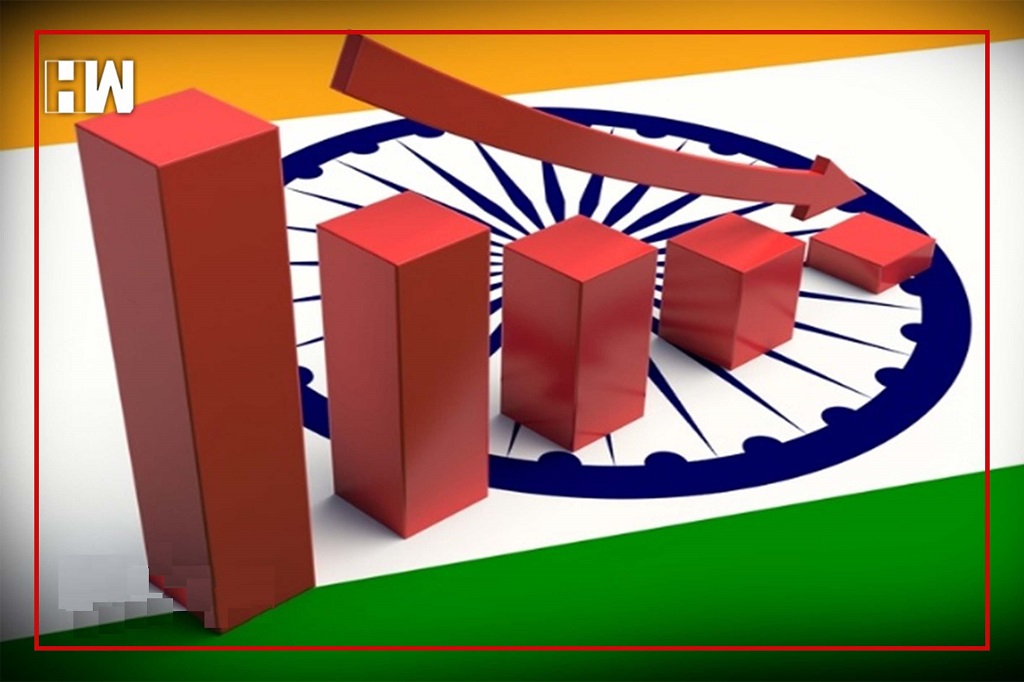Faraan: There has been a lot of talk in the recent years regarding the blooming economy of India. The business and economic sites are talking about the growing economy of this country and the reason behind it is the foreign investment and the arrival of the world economic giants in this nation. The $ 57 billion investments which took place from 1991 to 2008, has recently become more widespread. Suppose we take this economic growth for granted, the people of India will pay a heavy price for it.
The destruction of the environment, air pollution, deforestation, destruction of indigenous agriculture and colonization will be the fate of the people of this land. In regards to this, (Stan Cox) 1 states: “The existence of large industrial plants that use fossil fuels cause air pollution and polluted clouds in the sky that are more than a mile thick.”
In 2007, a group affiliated with the United Nations, (The National Oceanic and Atmospheric Administration), and the (Scripps Institution of Oceanography) reported that the clouds and pollution had weakened the region’s coastal climate system and this will lead to the rainfall reduction.
This means that if people used to face drought for two to three years in each ten-year period, with this situation, they would experience six years of drought. That means endangering the food security of millions of people.
Nonetheless, in regards to the presence of the multinational companies such as Google, Microsoft, Samsung, HP, Oracle, Motorola and so on, some points should not be neglected. First of all, the presence of these Zionist companies in India is cheap due to labor and primary resources. It is the best way to reduce production costs and capture the markets of East Asia. The second point is the economic war between China and the United States. This prompted Trump to increase the tariffs on Chinese goods, and companies decided to move to India in order to circumvent the tariffs and reduce the costs.
Regarding the economic growth of India, which is widely maneuvered in the world today, it must be acknowledged that this wealth and economic growth does not belong to all the people of India. Likewise, this division of wealth has not been done properly. In this country, the class and economic gap between the rich and the poor is very large.
To cite an instance, from 1990, when India’s economic development began until 2007, and after its rapid economic growth, not only did the “Index of Human Development” 2 not fall out of the bottom third of the list, but also declined.
In reality, the benefits of this economic development did not include all the people of this land, but the destructive environmental, human and national effects affected all of them. Yes, it is true, the new India has become globalized and its economy is based on the investment of multinational countries. Nevertheless, this is a great path that will eventually lead to dependence, hunger and misery in this country.
Endnote:
1. Stan Cox is a researcher at the ‘American Earth Institute’, who conducted research in India in the 1980s.
2. Human Development Index (HDI) which is provided by the United Nations Development Program (UNDP); is a composite indicator to measure success in any country, in three basic criteria of human development: long healthy life, access to knowledge, appropriate standard of living (employment and unemployment).
3. Western Tourism Quarterly, A Look at the Effects of the Extensive Presence of Western Super corporations in India, Cox Province, November 2007, No. 53, pp. 84-81.










